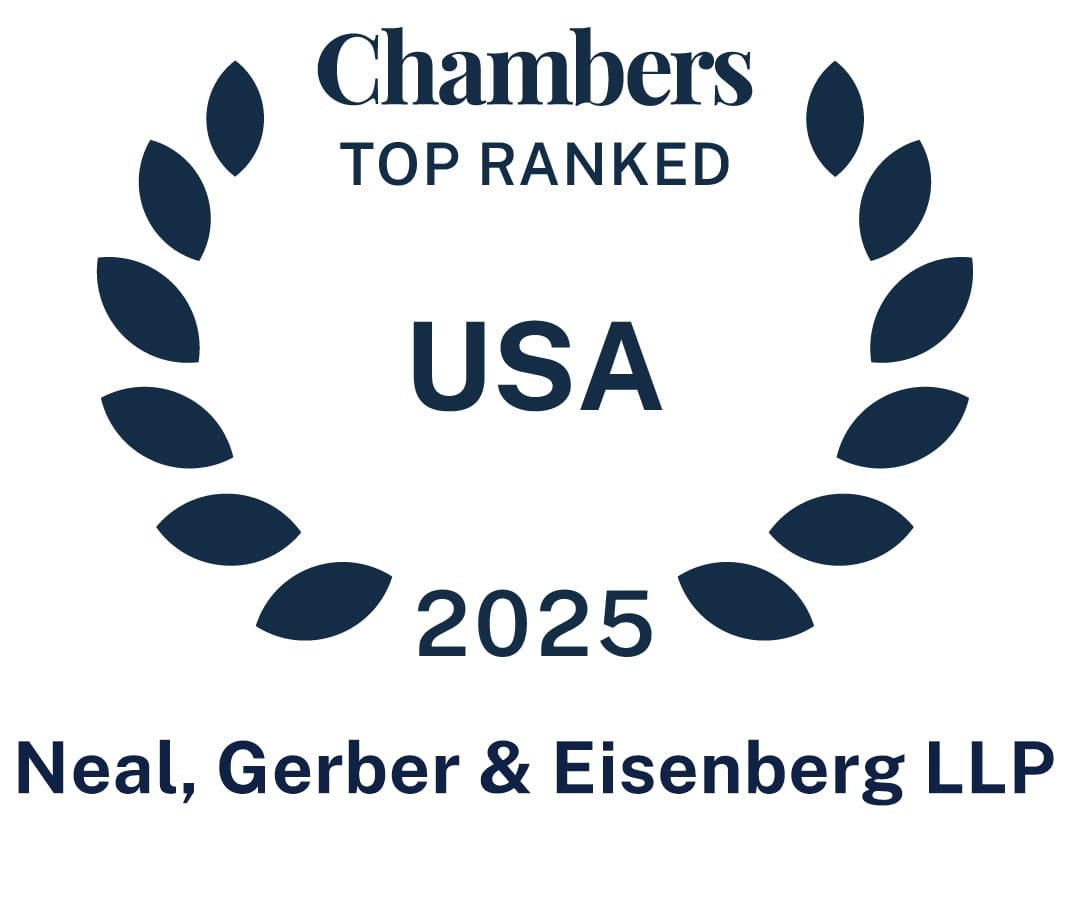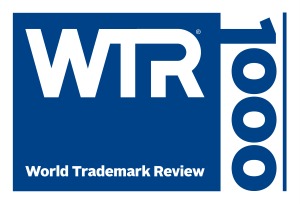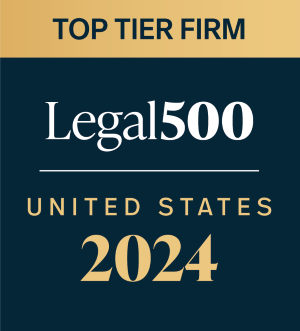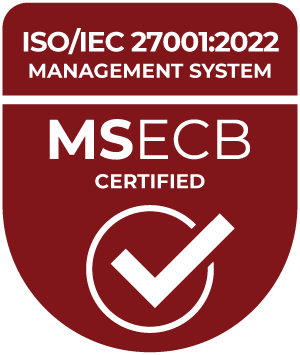As hoteliers have experienced in the past, the outcome of a Presidential election, and the consequent change in the makeup of the National Labor Relations Board (“NLRB”), can have a significant impact on business operations. The NLRB during the Biden administration has pushed through arguably the most pro-labor rules in the history of the NLRB. And while President-elect Trump courted organized labor during his recent campaign and has nominated a Secretary of Labor (a position that leads the Department of Labor, not the NLRB) who has espoused certain pro-labor positions, the NLRB during Trump’s first term rolled back many of the labor-friendly decisions of the Obama-era NLRB, and current Trump advisors and likely members of his new administration have a decidedly anti-union agenda.
This poses the questions: When and how might a new NLRB impact hoteliers? The following is an overview of potential outcomes.
Timing of a Change In The NLRB and Its General Counsel
The NLRB, which is a five-member body, currently has only four members – three Democrats and one Republican. Typically, the NLRB transitions to a majority of members of the party in the White House. The timing of when the NLRB transitions to a Republican majority depends on various factors. In June 2024, President Biden nominated, as a package, the current Democratic Chairman of the NLRB to a third term, and also nominated a Republican candidate to fill the vacant fifth seat. If the out-going U.S. Senate had confirmed these nominations, the NLRB would not have transitioned to a Republican majority until August of 2026, when the term of one of the Democrats on the NLRB expires. However, on December 11, 2024, the Senate voted 49-50 against invoking cloture on the NLRB Chairman’s nomination, which would have allowed a confirmation vote to proceed. The nomination of the linked Republican nominee thereafter did not proceed. Thus, unless there is a successful attempt to advance these nominations before the Senate recesses in December, the NLRB Chairman’s term will expire on December 16, 2024. If the nominations are not confirmed, then the NLRB will likely transition to a Republican majority in early 2025, as President-elect Trump will be able to fill two seats with Republicans after his inauguration.
The status of the NLRB’s General Counsel, Jennifer Abruzzo, is likely to change much sooner. Just as President Biden fired Trump’s NLRB General Counsel almost immediately after taking office, it is expected that President Trump will also immediately fire Abruzzo after taking office and replace her with a pro-employer General Counsel. Abruzzo had a very aggressive pro-labor agenda, and many of her policies, along with many of the NLRB’s precedent-changing decisions, are likely to be impacted under a new NLRB.
How a New NLRB May Impact Decisions and Policies Affecting the Hotel Industry
While the number of precedent-changing decisions and policies that have occurred under NLRB leadership during the last four years are too numerous to account for here, there are some decisions and policies that particularly impact the hotel industry that may be reversed or abandoned under a new NLRB:
- “Quickie” Election Rules – The current NLRB returned to the so-called “quickie” or “ambush” election rules first imposed during the Obama-era NLRB and rolled back in large part by the first Trump-era NLRB. These rules shortened the time for submission of employer position statements, hearings on election petitions, and the election itself, making it difficult for employers to mount campaigns and educate workers about unions and unionization prior to an election.
- Smaller Collective Bargaining Units – The current NLRB issued a decision reinstating micro, or smaller, bargaining units, allowing unions to more easily organize workers in individual departments or groups where the unions believed they had the greatest chance of success in an election. Under prior case law, hotel employers could challenge an election petition seeking to organize such individual departments or groups, such as front desk, food and beverage, housekeeping, or engineering, on the grounds that workers in the individual departments shared a community of interest with other hotel workers, and thus the petition was inappropriate.
- Union Representation Standards – The current NLRB issued a drastic overhaul to how employees may become represented by unions. The NLRB issued a decision holding that, when a union demands recognition by an employer based on a claim of majority support by employees, the employer must either immediately recognize the union or file its own petition within two weeks seeking to verify the union’s claim of majority support. If, however, the employer commits any unfair labor practice (under the NLRB’s greatly expanded definition of unfair labor practices), the NLRB will order that the employer recognize the union, without an election, as the bargaining representative for the employees the union seeks to represent.
- Independent contractors – The current NLRB issued a more worker-friendly standard to determine whether an individual is an employee under the National Labor Relations Act (“NLRA”), thus creating a basis for including more workers within the NLRA’s provisions. The NLRB’s decision reversed an earlier Trump-era NLRB decision which held that the entrepreneurial opportunity for gain or loss should be the “animating principle” of the independent contractor test.
- Captive Audience Meetings – The current NLRB overturned law that has been in place since 1948, ruling that employers now may not hold meetings that employees are required to attend at which the employer expresses its views on unionization.
- Employer Campaign Statements Regarding Effect of Unionization on Employee Relationships With Management – The current NLRB also overturned a decades-old precedent by holding that employer statements regarding the impact that unionization would have on employees’ relationship with management may be unlawful.
- Discipline for Offensive Conduct – The current NLRB issued a decision that changes the standard and made it more difficult for employers to discipline or discharge workers who engage in offensive conduct which allegedly took place during protected activity.
- Handbooks and Workplace Policies – The current NLRB issued a decision greatly expanding the types of handbook language and workplace policies deemed to be overbroad and unlawful under the NLRA.
- Confidentiality and Non-Disclosure Clauses in Severance Agreements – The current NLRB issued a decision severely restricting the use of confidentiality and non-disclosure provisions in severance agreements.
What Should Employers Do Now?
Employers should be aware that current NLRB decisions and processes remain in effect until otherwise reversed or abandoned, and employers’ compliance obligation with these decisions remains in place. However, employers should monitor NLRB activity and may want to factor into long-range business planning the potential impact of a recharged Trump-era NLRB on workplace issues.
This client alert is the second in a series from the NGE Hospitality Industry Team addressing developments and recent news in the hospitality industry.
The NGE Hospitality Industry Team is an inter-disciplinary group focused on serving the diverse legal needs of hospitality owners, operators, and investors to achieve their business goals. The group collaborates to ensure our clients are well-informed on industry trends and ready to address both opportunities and challenges.
The content above is based on information current at the time of its publication and may not reflect the most recent developments or guidance. Neal Gerber Eisenberg LLP provides this content for general informational purposes only. It does not constitute legal advice, and does not create an attorney-client relationship. You should seek advice from professional advisers with respect to your particular circumstances.










